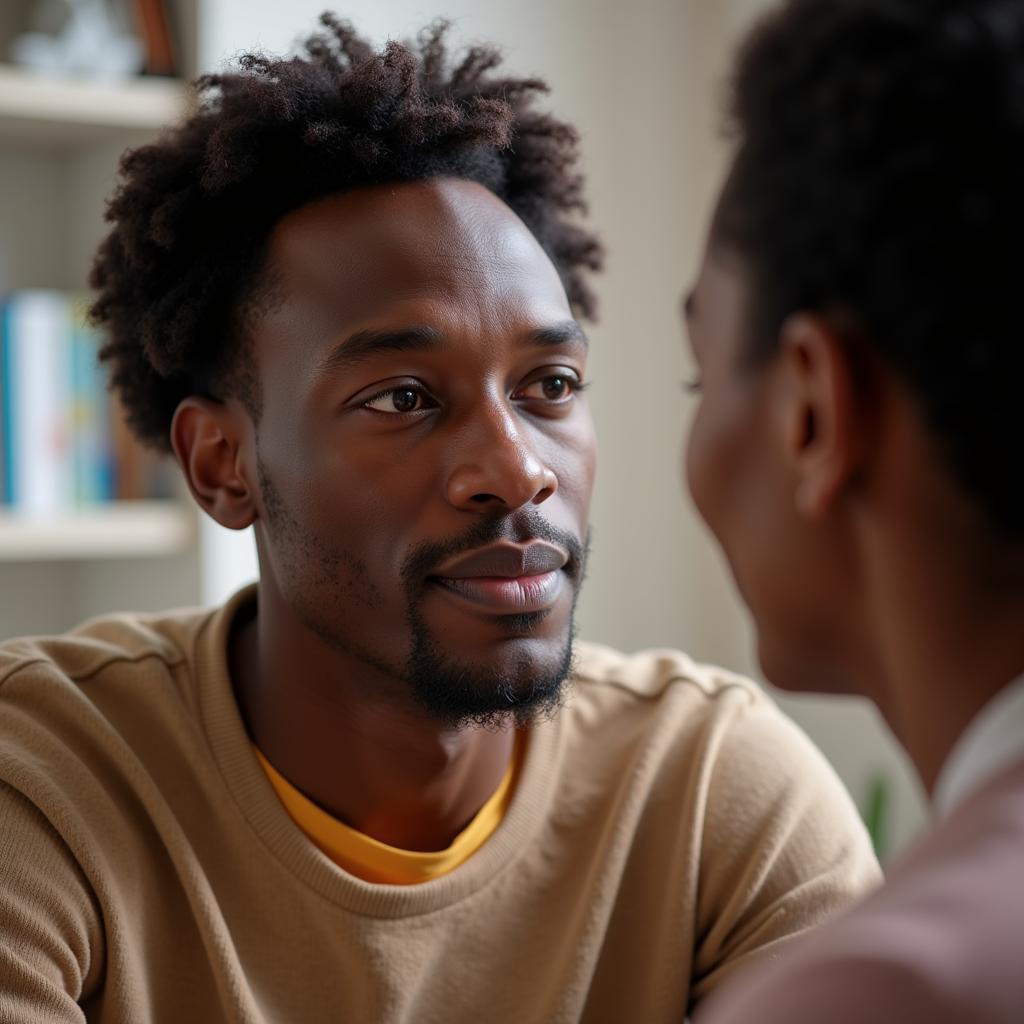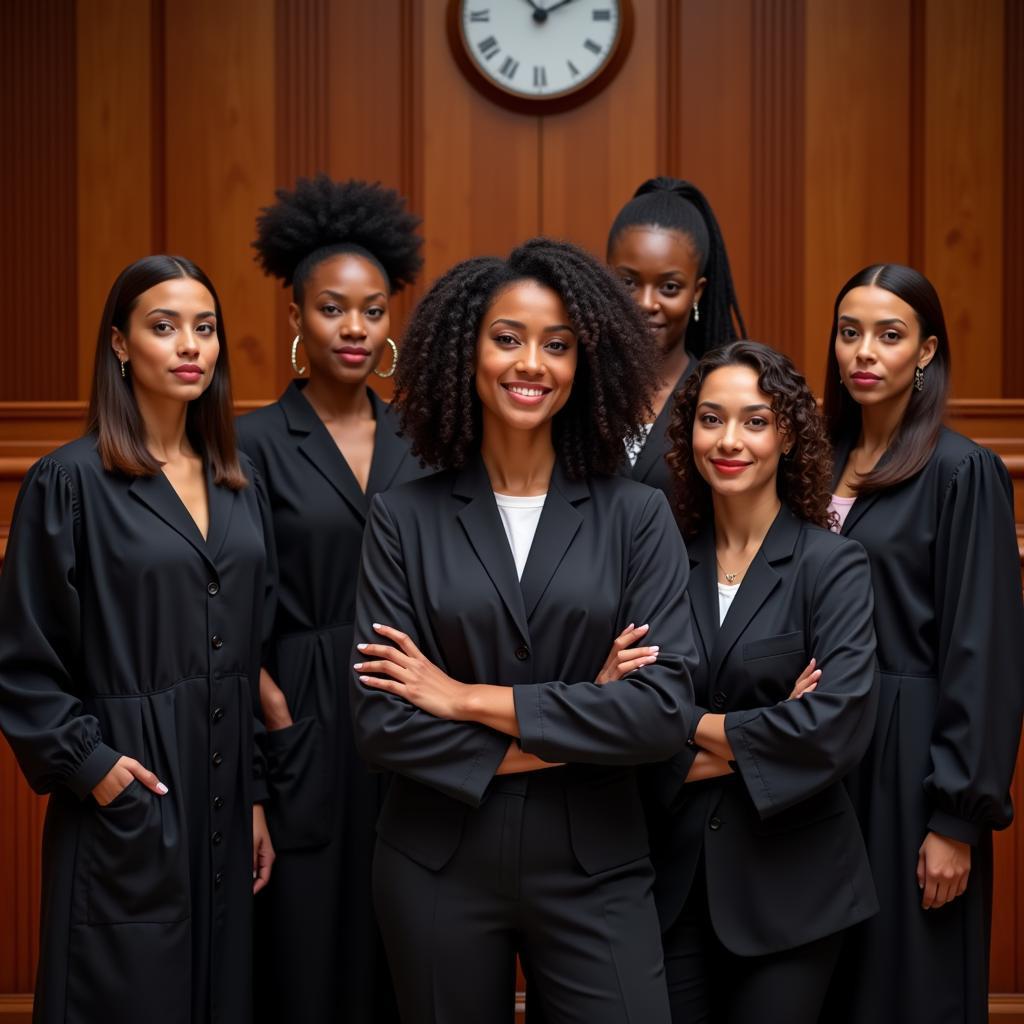Navigating Challenges: African American Couples Therapy
For many African American couples, the journey of love and partnership comes with unique experiences and challenges that stem from cultural background, societal pressures, and historical context. African American Couples Therapy provides a safe and supportive space for couples to address these complexities and strengthen their bond. This specialized form of therapy recognizes the importance of cultural sensitivity and understanding in addressing the specific needs of African American couples.
Understanding the Need for Culturally Sensitive Therapy
While the core principles of couples therapy remain universal, the effectiveness of the process increases significantly when tailored to the specific experiences and perspectives of the individuals involved. African American couples often face a unique set of challenges that can impact their relationship dynamics:
- Systemic Racism and Discrimination: Generations of systemic racism and discrimination can lead to stress, trauma, and distrust that can seep into relationships.
- Socioeconomic Disparities: Economic inequality and disparities in access to resources can create added strain on relationships.
- Cultural Differences in Communication Styles: Misunderstandings can arise from differing communication styles and cultural norms within the relationship.
- Family and Community Expectations: Navigating expectations from extended family and community members can pose challenges.
How African American Couples Therapy Can Help
African American couples therapy acknowledges and addresses these specific challenges by creating a culturally sensitive and relevant therapeutic environment. Here’s how this approach can benefit couples:
- Validating Shared Experiences: Therapy provides a space for couples to feel seen and heard, validating their experiences as African Americans in a society grappling with racial injustice.
- Deconstructing Harmful Stereotypes: Therapy helps couples identify and dismantle internalized negative stereotypes that can impact their self-esteem and relationship dynamics.
- Developing Healthy Communication Patterns: Couples learn effective communication tools rooted in cultural understanding and respect for individual differences.
- Strengthening Family Bonds: Therapy helps couples explore family dynamics, ancestral patterns, and cultural values to foster stronger connections within their relationship and family unit.
Finding a Therapist Who Understands
Choosing the right therapist is crucial. It’s essential to find a therapist who:
- Specializes in couples therapy: Look for a licensed therapist with specific training and experience in couples counseling.
- Demonstrates Cultural Competency: Seek a therapist who understands the nuances of African American culture, history, and experiences.
- Creates a Safe and Trusting Space: Choose a therapist with whom both partners feel comfortable, respected, and understood.
 Therapist Listening Attentively
Therapist Listening Attentively
Questions to Ask Potential Therapists
During initial consultations, consider asking potential therapists these questions:
- What is your experience working with African American couples?
- How do you address cultural differences and sensitivities in your practice?
- What approaches do you use to help couples communicate more effectively?
- How do you create a safe space for couples to be vulnerable and honest?
Taking the First Step Towards Healing
Seeking African American marriage counseling is an act of courage and a powerful investment in the well-being of your relationship. It’s an opportunity to address challenges, heal past wounds, and build a stronger, more fulfilling partnership rooted in love, respect, and shared understanding.
Remember, you don’t have to navigate these challenges alone. African American marriage counseling in Philadelphia offers accessible and culturally sensitive support to help couples thrive.
Frequently Asked Questions
1. What if my partner is hesitant about therapy?
It’s normal for one partner to be more hesitant than the other. Start by having an open and honest conversation about your reasons for seeking therapy and the benefits it could offer your relationship.
2. How often do couples typically attend therapy?
The frequency of therapy sessions varies depending on the couple’s needs and the therapist’s recommendations. Weekly sessions are common initially, transitioning to bi-weekly or monthly sessions as progress is made.
3. How long does couples therapy last?
The duration of therapy is unique to each couple. Some couples find significant improvement within a few months, while others may benefit from longer-term therapy.
4. Is confidentiality maintained in couples therapy?
Yes, therapists are bound by confidentiality agreements. What is discussed in therapy sessions remains private.
5. What if we can’t afford traditional therapy?
Explore sliding scale options or community mental health centers that offer services based on income.
Need Support? Reach Out Today.
For personalized guidance and to explore therapy options, contact us at:
Phone Number: +255768904061
Email: kaka.mag@gmail.com
Location: Mbarali DC Mawindi, Kangaga, Tanzania
Our dedicated team is available 24/7 to support your journey toward a healthier, happier relationship.
